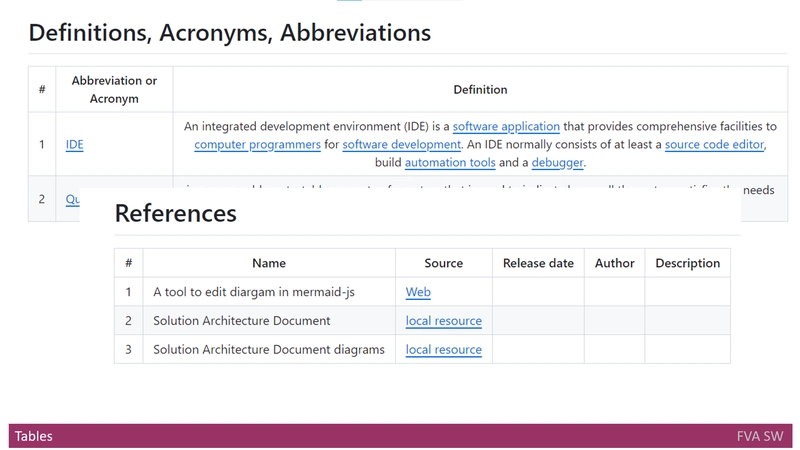In today's hyper-connected world, social media platforms are ubiquitous. We use them to connect with friends, family, colleagues, and fellow hobbyists. But let's be honest: mainstream platforms often feel overwhelming, impersonal, and increasingly restrictive. Algorithms dictate what we see, privacy concerns linger, and generic features don't always meet the specific needs of smaller, close-knit groups.
Whether it's your family wanting a truly private space to share photos, a school class needing a dedicated hub for assignments and discussions, a local club organizing events, or just a group of friends seeking a focused communication channel, the limitations of big tech platforms become apparent.
But what if there was a better way? What if you could create your own social network, tailored specifically for your group? Building a private social network offers a powerful alternative, putting control back into your hands. While there are many benefits, two stand out as game-changers for small private users: absolute control over community guidelines and fully customizable features.
1. You Make the Rules: Defining Your Own Community Guidelines
One of the biggest frustrations with large social media platforms is their one-size-fits-all approach to content moderation and community standards. Rules designed for billions of users often feel arbitrary, overly restrictive, or sometimes, not strict enough for specific communities. Content can be flagged or removed unexpectedly, discussions stifled, and the overall tone dictated by the platform owner, not the community itself.
When you build your own private social network, you become the legislator.
- Tailored Safety & Tone: A family network might implement strict rules about language and content appropriate for all ages, creating a genuinely safe space for grandparents and grandchildren alike. A school class network can enforce guidelines focused on respectful academic discussion and collaboration, free from external distractions.
- Niche-Specific Freedom: A hobbyist club, say for amateur radio enthusiasts or classic car restorers, might need to allow technical discussions or the sharing of specific information that could be flagged on mainstream platforms. Your private network allows you to define what's acceptable based on your group's specific interests and context.
- Avoiding Unwanted Content: You can ensure your space remains free from the noise, advertising, political polarization, or misinformation that often plagues larger platforms. The focus stays purely on your group's interactions and shared interests.
- Digital Sovereignty: Ultimately, setting your own guidelines is about digital sovereignty. It’s about creating an online environment that reflects your group's values and purpose, without external interference. You decide what behavior is encouraged, what is discouraged, and how moderation is handled, ensuring a more harmonious and relevant experience for everyone involved.
This level of control fosters a stronger sense of community ownership and trust, making the online space feel truly like yours.
2. Features Built for You: Customizing the Platform Experience
Mainstream social media platforms are packed with features – many of which your small group might never use. Conversely, they often lack specific tools that would be incredibly useful for your community's unique needs. Bloatware, unnecessary notifications, and missing functionalities are common complaints.
Building your own private social network flips the script: you decide exactly which features are included, creating a streamlined, efficient, and perfectly suited platform.
- Focus on What Matters: Do you primarily need event planning tools for your club? A robust file-sharing system for your study group? Secure photo and video albums for your family? A dedicated forum for in-depth discussions for your association? You can build your platform around these core needs, eliminating the clutter of irrelevant features like marketplaces, reels, or ephemeral stories if they don't serve your purpose.
- Purpose-Built Tools: Imagine a school class network with integrated assignment submission forms and a calendar synced with the school schedule. Picture a sports club platform with features for tracking member attendance, organizing matches, and sharing training plans. This level of integration and customization is rarely possible on generic platforms.
- Simplicity and Usability: By including only necessary features, your private network can be significantly simpler and easier to navigate, especially for less tech-savvy members. This reduces the learning curve and encourages wider adoption within the group.
- Ad-Free & Focused: Most importantly, you can create an experience entirely free from advertising and algorithmic manipulation. The feed is chronological or organized as you see fit, and the focus remains squarely on genuine communication and content shared by the group members.
This ability to tailor the feature set ensures that the platform serves the community, rather than the community having to adapt to the limitations of the platform.
Taking Back Control: The Power of Private Networks
Creating your own digital space empowers your group. It moves your valuable interactions away from platforms driven by engagement metrics and advertising revenue, placing them into an environment designed solely for your community's benefit. The control over guidelines ensures a safe and relevant atmosphere, while customizable features provide the precise tools needed for effective communication and collaboration.
Ready to Build Your Own?
The idea of building a social network might sound daunting, but platforms and services are emerging that make it accessible for everyone. Solutions like Linkspreed (linkspreed.com) and Web4.one (web4.one) are examples of tools designed to help individuals and groups create their own customized online communities. These platforms often offer user-friendly interfaces, hosting options, and a range of features that can be mixed and matched to build the perfect private network for your family, friends, class, or club.
Exploring options like Linkspreed and Web4.one can be your first step towards reclaiming your online interactions and building a digital home that truly serves your community's needs.
Conclusion
The era of passively accepting the limitations of mainstream social media is ending. For small groups seeking privacy, relevance, and control, building a private social network offers a compelling alternative. By defining your own rules and customizing the features, you can create a focused, secure, and highly effective online space. It's time to consider building a digital environment that truly belongs to your community. Why not explore the possibilities today?
Podcast: https://youtu.be/_AxtsPbbDfc
